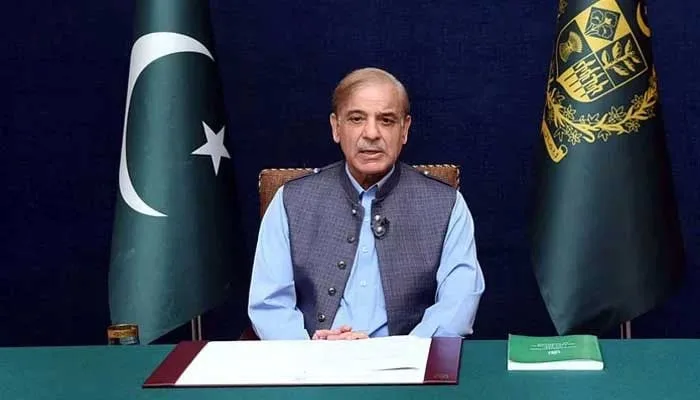In a major push toward modernizing public welfare, Prime Minister Shehbaz Sharif has directed authorities to adopt the Ramazan Relief Package model as a blueprint for future government initiatives. He praised the scheme’s effective and transparent implementation, particularly the use of digital wallets to deliver assistance.
A New Standard for Welfare Delivery
While reviewing the implementation of the Ramazan Package on Friday, PM Shehbaz lauded the core team and supporting institutions. He called the model a success in digitizing aid delivery and eliminating middlemen. The initiative was launched nationwide, covering even remote regions like Gilgit-Baltistan and Azad Jammu and Kashmir.
One of the key highlights of the package was the launch of Pakistan’s first-ever digital wallet for welfare transfers. This move aligned with the government’s broader Digital Pakistan Vision, enabling real-time, trackable payments to beneficiaries.
Transparency Through Technology
The prime minister acknowledged the contributions of major institutions including the State Bank of Pakistan (SBP), Benazir Income Support Programme (BISP), Pakistan Telecommunication Authority (PTA), and NADRA. These organizations played vital roles in ensuring smooth, corruption-free distribution.
Read: Pakistan Condemns Israeli Aggression in Gaza, Calls for Global Action
Expanding Reach with Digital Tools
The package saw a total of 1.9 million digital payments, with 951,191 digital wallets used by citizens to receive their entitlements. Notably, 823,653 women and 2,541 individuals with disabilities accessed the funds digitally, marking a significant step toward inclusive digital financial access.
To promote awareness, the government launched a multi-platform campaign. Through print, electronic, and social media, millions were informed about how to access the aid. Partner institutions also conducted 6.2 million robocalls, made 178,700 outbound calls, and sent 6.1 million SMS alerts to spread the word.
No Middlemen, No Leakage
At a separate press conference, Planning Minister Ahsan Iqbal emphasized that the scheme set a new precedent for public-private partnerships. He praised the government’s decision to bypass traditional mediums such as utility store corporations (USC), which often faced issues of leakage and inefficiency.
“This package has shown that mass digital transfers are not only possible but also more reliable,” said Iqbal. He added that the removal of intermediaries ensured direct support to the intended recipients.
A Model for the Future
PM Shehbaz stated that complaints and feedback from this initiative would be used to improve future schemes. The success of the Ramazan Relief Package, driven by digital tools and institutional cooperation, is now being viewed as a foundation for future social welfare programs across Pakistan.
With transparency, accessibility, and efficiency at its core, this model marks a shift toward a more responsive and tech-driven governance system.
Follow us on Google News, Instagram, YouTube, Facebook,Whats App, and TikTok for latest updates
